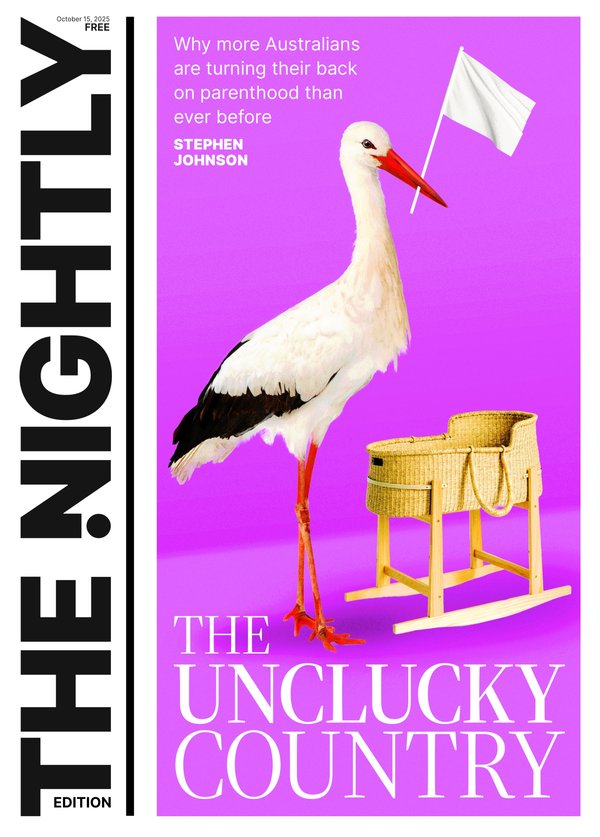Activist wins fight against controversial NSW anti-protest laws

An activist has successfully fought against controversial anti-protest laws he argued stretched police powers beyond their bounds.
Joshua Lees launched a constitutional challenge action against the state of NSW’s anti-protest laws on behalf of the Palestine Action Group.
The new laws, brought in less than a month after news of the Dural caravan plot broke, give police fresh powers regarding protests at or near places of worship.
Sign up to The Nightly's newsletters.
Get the first look at the digital newspaper, curated daily stories and breaking headlines delivered to your inbox.
By continuing you agree to our Terms and Privacy Policy.The NSW Supreme Court on Thursday ruled in favour of Mr Lees, with the full judgment expected to be released shortly.

Justice Anna Mitchelmore ruled the law “impermissibly burdens the implied constitutional freedom of communication on government or political matters and is invalid”.
Mr Lees’ legal team argued the language was broad and would likely leave many critical protest sites vulnerable to the laws given most protests take place in city centres.
Felicity Graham claimed the laws’ imputed provision stretched police powers “beyond its legitimate bounds when analysed for constitutional validity”.
However, Michael Sexton SC argued the legislation was confined to protecting parishioners who were attending or leaving a place of worship and were intended to be read alongside other laws in order to give police appropriate context.
More to come
Originally published as Activist wins fight against controversial NSW anti-protest laws
